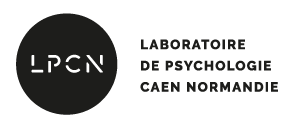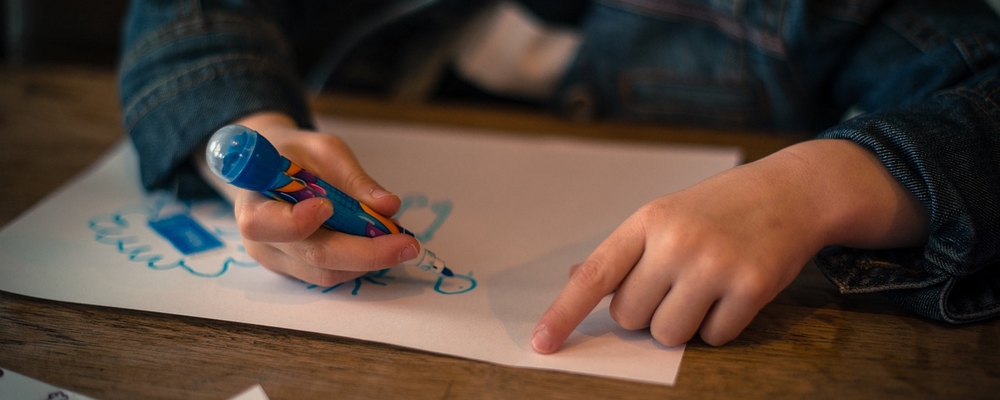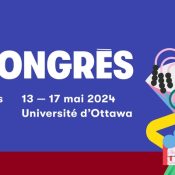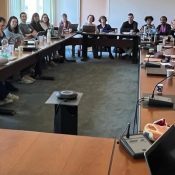Sandrine Rossi (PR, LPCN), Arnaud Mortier (PRAG, LMNO, membre associé du LPCN) et leurs collaborateurs, ont publié un nouvel article.
Brechet, C., Blanc, N., Mortier, A., & Rossi, S. (2022). Draw me a brain: The use of drawing as a tool to examine children’s developing knowledge about the” black box”. Frontiers in Psychology, 13:951784. doi: 10.3389/fpsyg.2022.951784
Celui-ci a été accepté par la revue Frontiers in Psychology (SCIMAGO-SCOPUS Q1, SJR 2021 0.87, IF 3.88, H-index 133).
Il est accessible à partir de ce lien.
Abstract:
Recent studies in neuroeducation highlight the benefits of teaching children about how the brain works. However, very little is known about children’s naive conceptions about the brain. The current study examined these representations, by asking 6–10 year-old children (N = 257) and adults (N = 38) to draw a brain and the inside of a belly as a control drawing. The drawings were scored using a content analysis and a list of graphic indicators was derived. First, all the graphic indicators used in the brain drawings were different from those used in the belly drawings, suggesting that children are able to distinguish these two organs. Second, with age, children depict (i) an increasing number of indicators, (ii) more complex indicators, (iii) indicators that are more anatomically correct, to depict the brain. There is an important evolution between 6 and 8 years-old but also between 10 years-old and adults. These results are discussed in relation to children’s metacognitive knowledge and to their implications for neuroeducation.
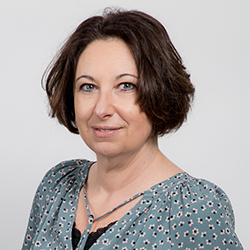
Sandrine Rossi est professeure au LPCN, elle s’intéresse au développement cognitif de la pensée chez l’humain, au processus d’autorégulation et à la métacognition. Elle est directrice adjointe du LPCN.

